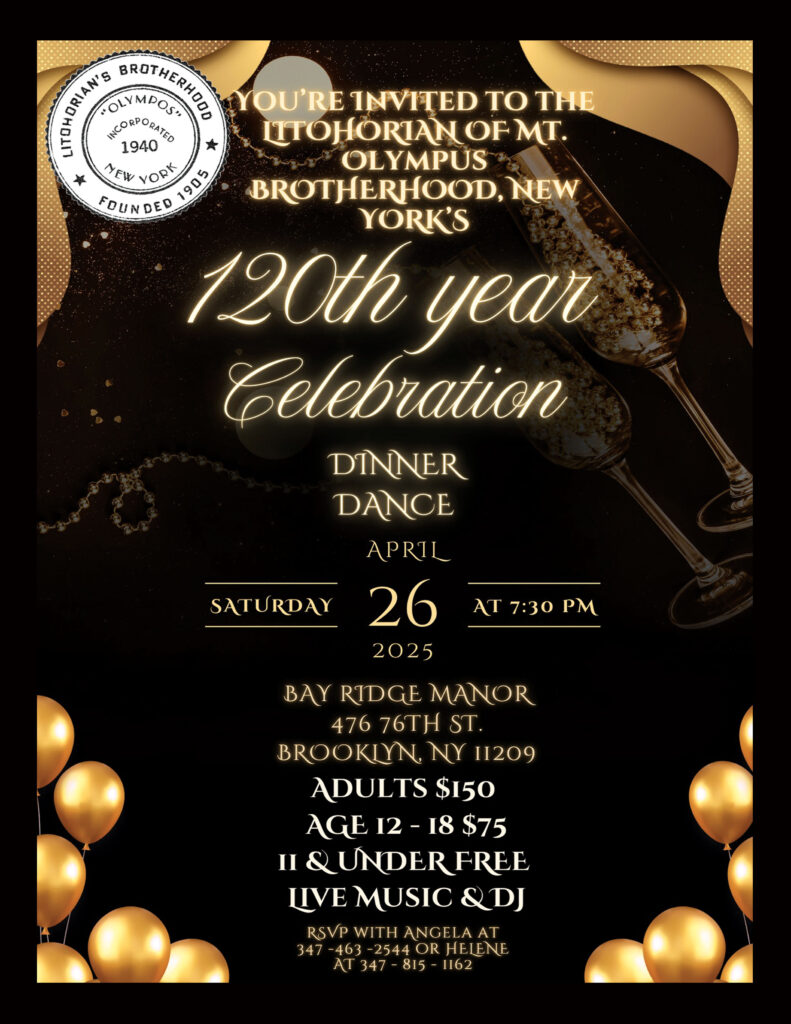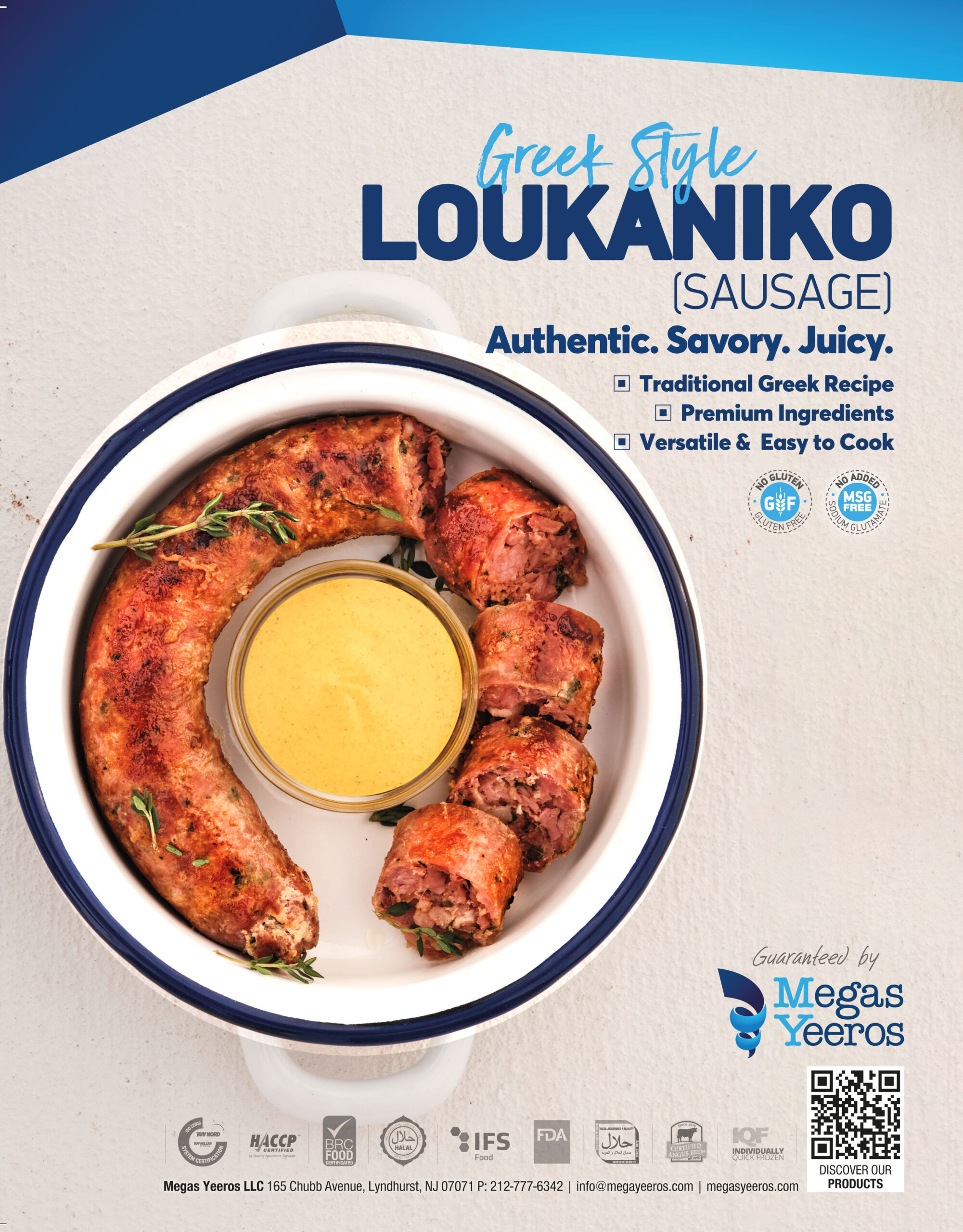We’re Not in the Business of “No”
Posted by estiator at 11 February, at 06 : 00 AM Print
MANAGING FOR SUCCESS By CONSTANTINE N.KOLITSAS Business Coach
As restaurant managers, we are in the business of “yes.” Yes, we can make those fries extra crispy; yes, you can sit in the booth by the window; yes, we can seat you an hour later than your reservation time; yes, we can bring your takeout order out to you in the parking lot. And if those yeses aren’t always appreciated or remembered, that’s okay. That’s our business. After all, we’re not in the business of “no,” and on the occasions where we have no choice but to say “no,” trust me, they always remember—and they always hold it against you.
A successful restaurant is one that embraces the notion of “yes” at a cultural level, making it a mantra among servers, cooks, dishwashers, and hosts. The words should be printed and hung up around the kitchen, put in notes that are inserted into paychecks, pinned to the POS workstation’s electronic bulletin board. It should be mentioned at shift meetings and reiterated when providing directions or assigning tasks to staff members.
And antithetical thinking should be crushed. You know what I’m talking about… that Us vs. Them mentality where restaurant staff look at the customer as a pain in theass that needs to be tolerated until they leave. Again, this all starts with the management. When the owner and managers look at customers as valued guests, then it helps staff members to see them in the same way.
By way of example, look at the following situation as perceived by the two divergent outlooks and determine for yourself which is healthier for your business. In this case, a customer insists on a corner table as the manager is seating them, and a few minutes later complains that they have not yet received any bread. Now, they are ordering their entrees and are requesting a dish that was on special the previous week but is no longer on the menu. The dish is easy to execute and the restaurant has all of the ingredients necessary. In the first scenario, the manager shows the server that he/she is peeved at the way the customer insisted on the best table in the house. When the customer complains to the server about not having bread yet, the server repeats the manager’s negative perception of the customer. When the request for the special dish is made to the kitchen, the server and manager say something to the effect:
When the owner and managers look at customers as valued guests, then it helps staff members to see them in the same way.
“We’ve got this jerk on table 40 that is asking for the Chicken Madeira, can you make it for them so we can just shut them up?” The kitchen feeds into the negativity and declines.
Now consider an alternative scenario: When the guest asks for that special table, the manager smiles and says, “Ah, you’ve got good taste, this is our best seat!” He/she doesn’t say anything to the server and carries on with his/her duties. When the guest asks about the bread, the server says, “I’ll get that for you right away” and brings it over with a smile. And when the guest asks for the special dish, the server informs the manager who heads into the kitchen and ascertains that all of the ingredients are still available, at which point he/she indicates, “I’d appreciate if you could make this for a regular customer on Table 40.”
Which of the two scenarios is healthier for your business? And which of the scenarios is closer to how your restaurant handles difficult guests?
I once worked with an individual who was the quintessential hot-headed chef. “We don’t make that substitution” he would bark at the servers when they made simple requests, sometimes even for people with allergies. “Everyone has allergies” he would scream, in what was almost a comical way if not for the levity of the situation. What this chef failed to realize—or, worse, realized but didn’t care—was that we are in a service industry, and one whose sole purpose is to provide hospitality. Like all hospitality businesses, ours is not the business of “no” but the business of “yes.”
Constantine Kolitsas is the president of CNK Consulting, a restaurant consultant and coaching business. He can be reached at 203-947-6234 or at ckolitsas@gmail.com.














